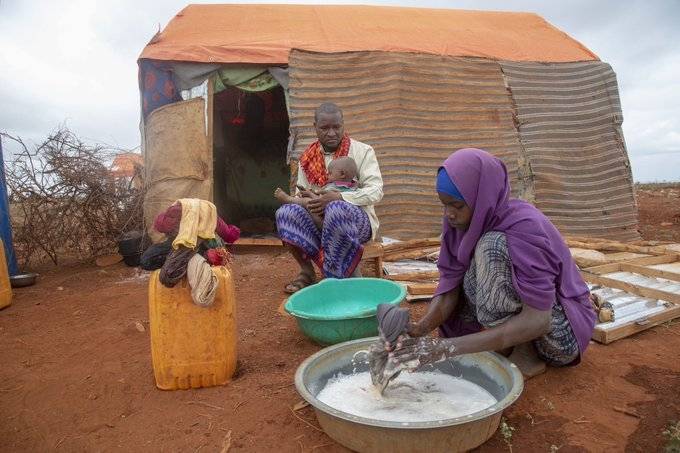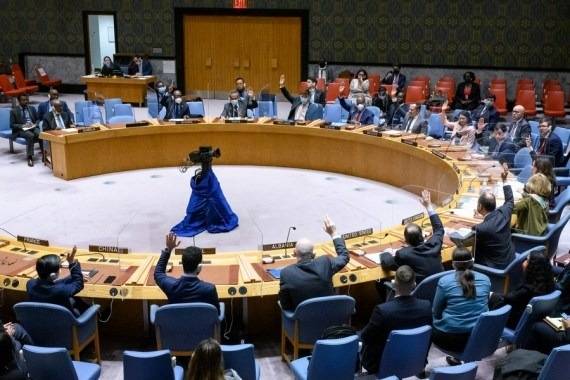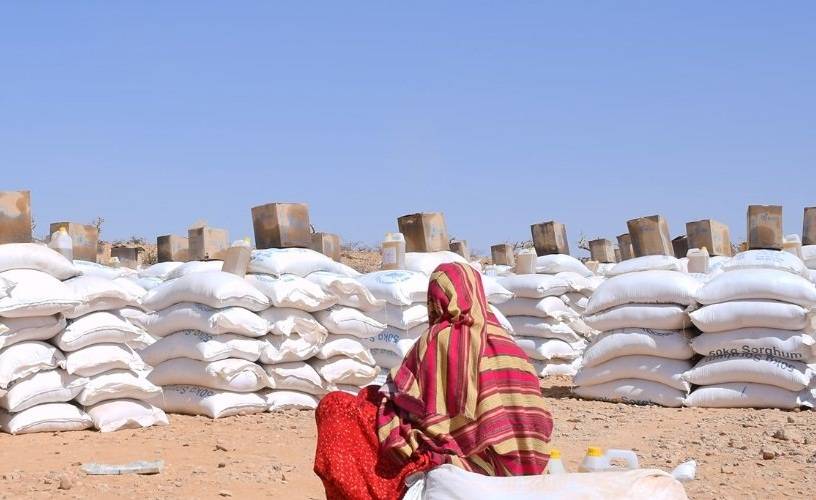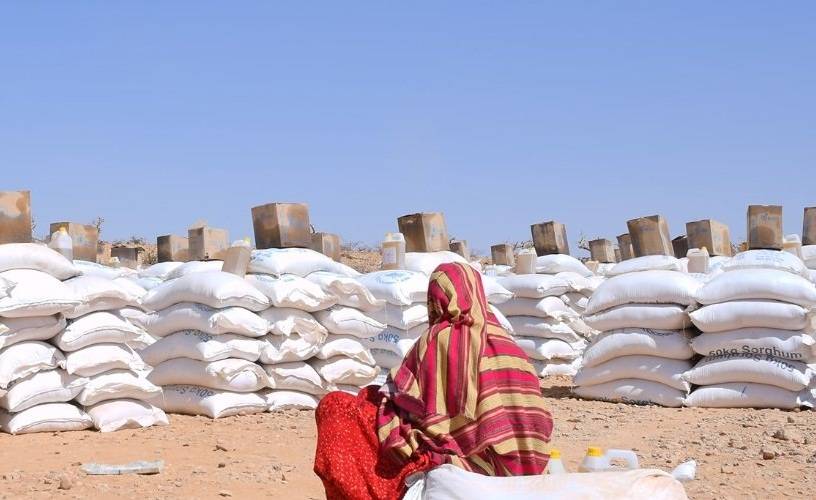The multi-million project named “Saameynta (impact in Somali)” will achieve durable solutions for more than 75,000 internally displaced persons (IDPs) and vulnerable host communities in Somalia, the UN said in a joint statement issued here in the capital of Somalia
The United Nations and its partners on Sunday launched a four-year project to provide durable solutions for people displaced by conflict and climate change in Somalia.
The multi-million project named “Saameynta (impact in Somali)” will achieve durable solutions for more than 75,000 internally displaced persons (IDPs) and vulnerable host communities in Somalia, the UN said in a joint statement issued here in the capital of Somalia.
Adam Abdelmoula, UN Resident and Humanitarian Coordinator for Somalia, said finding durable solutions to protracted displacement in Somalia is desperately needed to enhance the livelihood situation of IDPs and their host communities.
“These IDPs are unlikely to return to their place of origin in the near future since their lands are now arid and unsuitable for farming or pastoralism,” Abdelmoula said.
Under the intervention, the UN and its partners will work together with the government to implement the National Durable Solutions Strategy.
According to the UN, the project also seeks to decrease dependency on humanitarian aid, reduce poverty for thousands of impoverished individuals and promote IDPs integration in cities.
“Humanitarian assistance alone cannot address chronic issues such as mass displacement and recurrent droughts and floods. That is why durable solutions are a priority for the UN,” said Abdelmoula.
He said Saameynta’s sole approach aims to leverage the values generated by planned urbanization and investment in order to provide affordable housing, employment opportunities and community assets such as infrastructure, irrigation facilities, markets and other locally identified priorities for communities affected by displacement.
Saameynta will also increase the self-reliance and access to sustainable basic services, including water, shelter, and health services for IDPs residing in the cities of Baidoa, Bossaso and Beletweyne.
According to the UN, there are an estimated 2.9 million IDPs in Somalia due to decades of conflict and extreme weather events such as droughts and floods. Of these, 2.2 million require urgent humanitarian assistance.
ALSO READ: Drought Dogs Ethiopia
The project will also ensure the full participation of displaced women and girls living in overcrowded sites who continue to face a heightened risk of violence and harassment.
Saameynta comes at a crucial time as the displacement situation in the country has been further exacerbated by drought, closure of refugee camps in neighbouring countries and the impact of the COVID-19 pandemic.
Ethiopian Crisis
The UN Refugee Agency (UNHCR) said that it has only received 13 per cent of the $205 million it wants to meet the needs of internally displaced persons (IDPs) and refugees in Ethiopia.
In its latest Northern Ethiopia Emergency update report, the UNHCR said it has received only $25.9 million out of the $205.4 million it wants to meet the needs of 93,500 refugees and asylum seekers in Ethiopia, as well as 2.6 million IDPs, reports Xinhua news agency.
The funds are needed to meet the shelter, education, health as well as water and sanitation needs of refugees and IDPs in Ethiopia, the UN agency disclosed.
UNHCR further disclosed that it has recently voluntarily returned 12,222 IDPs to their areas of origin in safety and dignity.
It also provided core relief items to 41,000 refugees, returnees and affected populations in northern Ethiopia.
ALSO READ: Antonio upbeat by peace prospects in Ethiopia
Ethiopia is the third largest refugee-hosting country in Africa, sheltering 806,374 registered refugees and asylum seekers, mostly from South Sudan, Somalia, Eritrea and Sudan, according to UNHCR figures.
The country also has several million IDPs, including 2.2 million who were forced to flee the conflict that broke out in November 2020, in the northern Tigray regional state.





